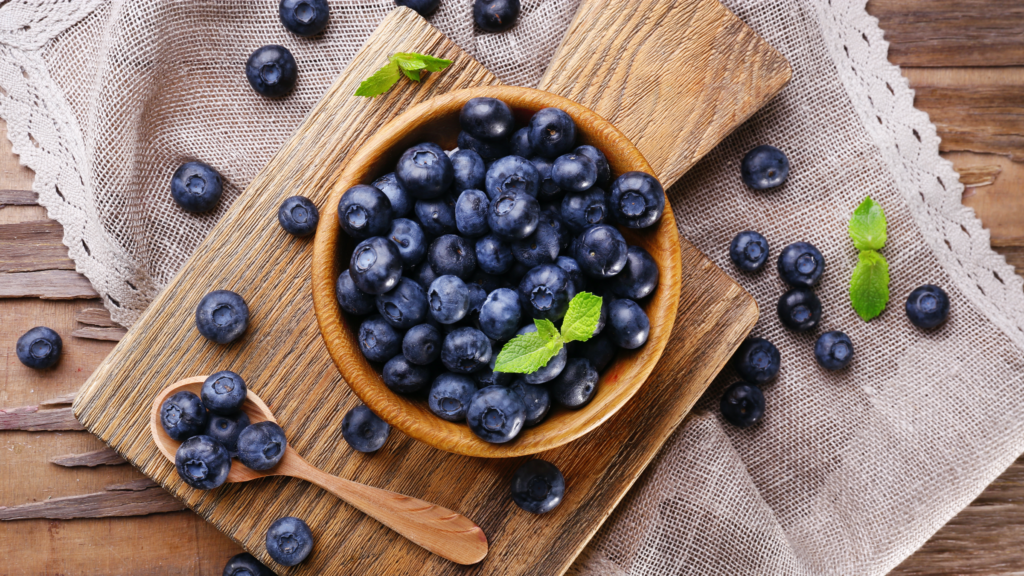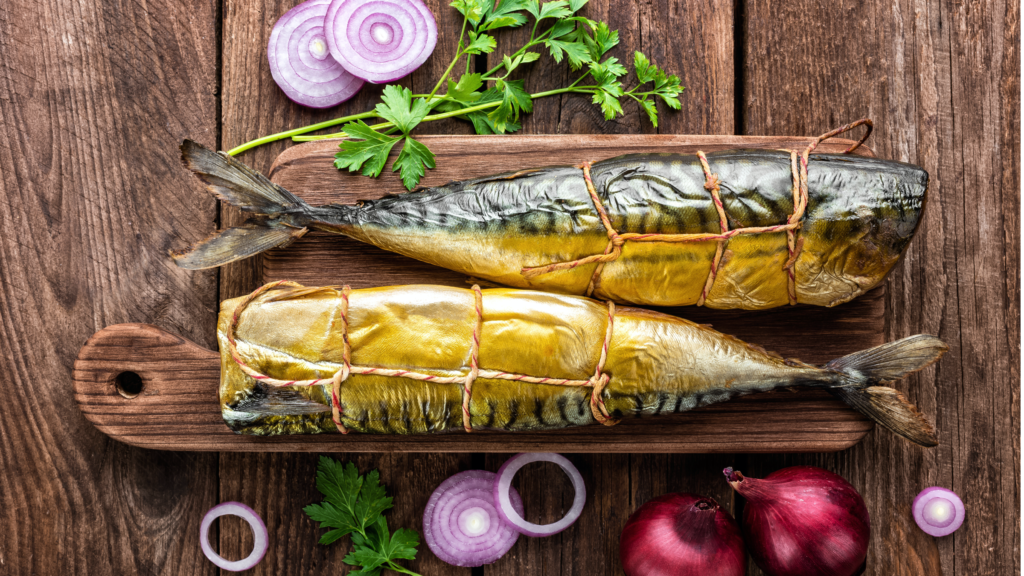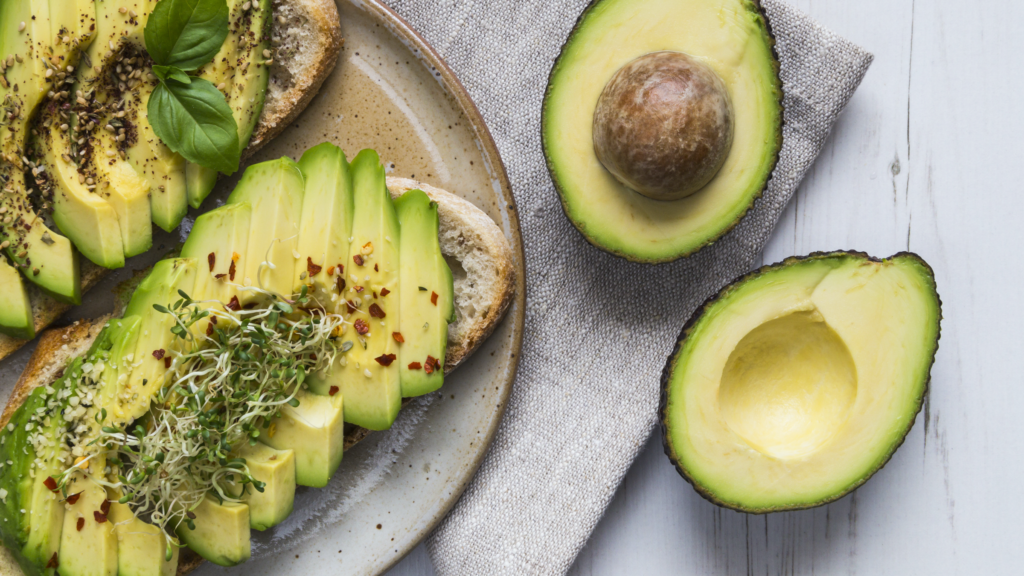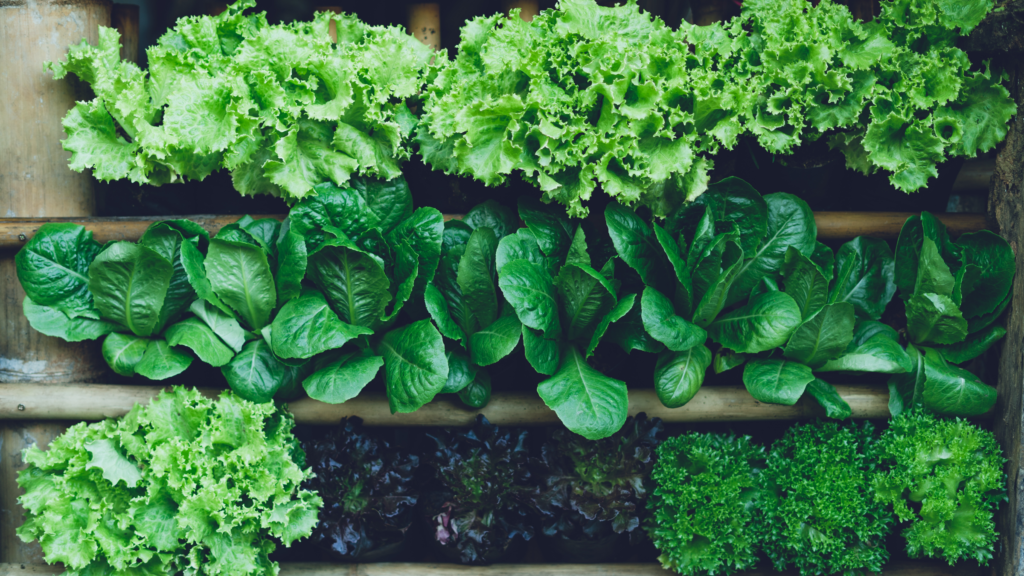Whether you’re an athlete, a mathlete, or somewhere in between, we could all use a little extra brain power. And it all starts with the food we eat.
Here’s some food for thought: our brain makes up about 2% of our total body weight, but it accounts for about 20% of our energy consumption. That’s like having a supercharged computer sitting on top of our shoulders.
The brain’s energy consumption varies depending on the task at hand. Binge-watching Game of Thrones, for example, takes far less than analyzing those spreadsheets for your next big presentation. That’s why it’s so important to make sure you’re taking care of all that gray matter. It is, after all, powering you through the simple functions, shaping the way you perceive the world, and helping you remember where you left your keys.
Few of us take into account what foods are good for memory and concentration. But putting more brain foods into our diets can have a big impact on brain function. So let’s dive in and discuss a few of them.

Blueberries
Blueberries may be tiny, but they may also pack a big boost of power for your brain. So if you’re wondering, “which fruit is good for your brain,” staring with blueberries is a good bet. Over the years scientists have taken a long good look at chemicals in plant foods called flavonoids that might be protecting the brain. And a collection of these flavonoids called anthocyanidins don’t just give berries like blueberries their deep color – they come with antioxidants that support a healthy inflammation response to protect brain cells. They also change the way neurons in the brain communicate and support healthy neuroplasticity. So, in short, blueberries are great for your brain.

Oily Fish
Oily fish like Wild Salmon, Mackerel, Tuna, Herring, Sardines tend to be some of the best foods you can eat for your brain. For starters, oily fish contain omega 3 fatty acids Omega 3s are crucial to building membranes around our cells, giving them structure and providing much-needed protection. A recent study also showed that people who eat diets rich in omega 3 fatty acids also had increased blood flow to the brain. And don’t worry, if fish isn’t your thing there are other foods that contain fatty acids that might be more up your alley, like soybeans, nuts, and flaxseeds.

Avocados
There are few dishes (or occasions in life) that avocados don’t make better. You can even spread it on toast, for crying out loud! But these delicious “fatty fruits” pack more than a great, unassuming taste. They’re also really good for your brain. Avocados are full of monounsaturated fat, which contributes to healthy blood flow. And having a healthy blood flow is good for your brain. As it supports normal blood pressure already in a healthy range to help maintain healthy cognitive function. The best part of putting avocados into your diet is how easy it is. Put some into your salads, or just eat them as a side dish. You really can’t go wrong.

Green Leafy Vegetables
Brainpower aside, eating more green leafy vegetables is something all of us should be doing. Their health benefits span the gamut. They’re chock full of fiber. And not to mention, they’re absolutely delicious (except for kale. Nobody likes kale).
But we digress. Spinach, kale, broccoli, and collards come packed with brain-healthy nutrients like Vitamin K, Lutein, folate, and beta carotene. Studies show that these nutrients may support healthy cognitive function as we age.
But for some people, eating more leafy greens is easier said than done. After all, when it comes to choosing a cup of fruit or a stalk of broccoli, the choice – at least for most of us – isn’t even close. That’s why it pays dividends to get creative with your leafy greens. Consider using them as wraps for your favorite sandwiches. Incorporate them into your sautes. Or our personal favorite method – throw them in a smoothie with fruit and some protein powder for a nutritious, delicious, and filling meal.

Tea and Coffee
That morning cup of joe or tea might be doing more than giving you a jumpstart on your day. Research is showing that these two tasty beverages might also come steeped with brain benefits.
For starters, coffee is a major source of antioxidants in the western diet. That means it’s great at protecting your cells. But it also contains a wide range of bioactive compounds that are good for your brain as well. Chlorogenic acids (CGAs) are polyphenol antioxidants found in coffee that may benefit some biological pathways to support healthy metabolism and maintain blood pressure already in a normal range.
A cup of tea comes with L-theanine, which has been shown to increase alertness and focus while also supporting cognitive function as we age.
How can I improve my brain function?
That’s a great question, and hopefully, this list of brainpower foods helps. Start by incorporating fatty acids, flavonoids, and brain-protecting vitamins and nutrients like antioxidants and Vitamin E into your diet. It doesn’t mean you need to overhaul all of your eating habits. Look for ways to replace your midday snack with a cup of blueberries or some seeds, for example. Bring more leafy greens into your life with a smoothie for breakfast.
Sometimes brain health can be a matter of addition by subtraction as well. Make sure you’re not eating too much during your meals. Eating the right amount of calories during the day can help promote healthy cognitive function as we age.
Regular exercise is also extremely good for your brain. Make sure you’re devoting at least a half-hour a day to getting your heart pumping, and your brain will thank you.
Additionally, make sure you’re getting plenty of sleep, hydrating regularly, and limiting your alcohol consumption. All of the above comes with brain benefits to make sure you have the daily and long-term power to increase alertness, focus, and concentration – while maintaining healthy cognitive function as you get older.
When it comes to brain health, the small decisions you make on a daily basis don’t just make a difference in how you feel and how you perform from sunup to sundown. They also add up over time, impacting your brain health as you age. So start today by treating your brain right. It’ll pay off.
* The views expressed in this article are those of the authors and do not necessarily reflect the official policy or position of LifeVantage or any other agency, organization, employer or company
** LifeVantage’s Marketing team may from time to time publish blog articles reporting information and research from third-party sources. The views and opinions expressed by these third-party sources as reported in LifeVantage blog articles are those of the authors and experts quoted therein and do not necessarily reflect the official policy or position of LifeVantage.

